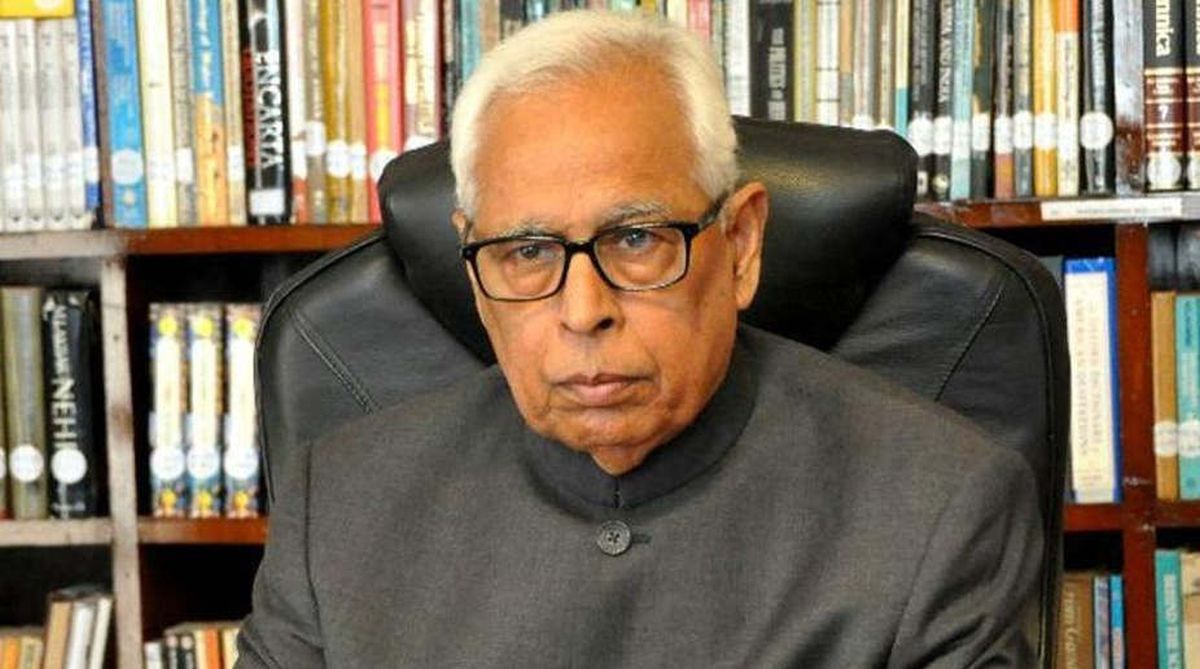Political scientists aver that “good government” is a poor alternative to self-government. Now Mr NN Vohra has held out a promise of adding a caveat to that verdict.
For should during the present stint of Governor’s Rule in Jammu and Kashmir a dent be made in the declining condition of Srinagar’s once-majestic Dal lake the seasoned bureaucrat’s innings will have attained Bradmanesque success.
Advertisement
True that this will not create conditions in which the signs of “security” will disappear any time soon, but restoring some sparkle to the weed-infested waters will be a genuine accomplishment.
No doubt that stray attempts have been made earlier ~ during previous spells of Governor’s Rule or when the National Conference, People’s Democratic Party, Congress and BJP have wielded authority (either on their own or with coalition partners) ~ but they have been essentially “local’ efforts.
Mr Vohra has now roped in the former Chief Hydrographer, Vice Admiral SK Jha (retd), and the Chairman and Managing Director of the Dredging Corporation of India, Mr Rajesh Tripathi, to inject an overdue degree of professional expertise into the exercise.
All aspects of the lake will be surveyed, a game-plan formulated and hopefully implemented without too many hiccups. The Centre would be failing to do its duty if it did not fully support the endeavour. After the Dal the focus will shift to the Wular Lake.
Srinagar bears many scars of the militancy that has disrupted normality for the past three decades ~ not the least painful of them being the decay of the once-iconic Dal-Nagina lakes complex.
They have “shrunk” to a mere 10 square-kilometres ~ they had once spread over 22 ~ and accumulated silt and weed have adversely impacted the depth of the water. Vast areas are choked with water-hyacinth.
With natural drainage into the lake blocked, and the effluent of 800-900 houseboats being discharged, the situation is precarious. Apart from restoring the natural drainage, the plans include creating storage tanks and bio-digesters to tackle the sewage.
Local agencies have been assigned responsibilities and targets. Reviving the fish-life of the water-bodies is also contemplated. The lakes and their surrounding gardens have long lured tourists and film crew ~ their return would have a positive spin-off on the economy.
It is a matter of argument if the local administration threw in the towel and allowed the Dal to degenerate, waiting for the militancy to abate before doing basic duties ~ certainly nearly three decades of neglect shows.
It is still much too early to opine on the success of the welcome initiative, but the symbolism of a rejuvenated Dal cannot be overlooked. It will send out a signal of normality returning, but as importantly the local populace will be reassured that their interests are being protected ~ without the Supreme Court having to play a lead role, as it has been compelled to do to preserve the Taj Mahal.











